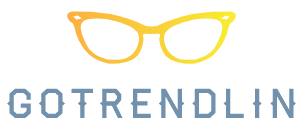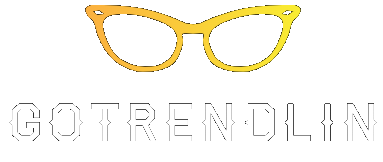Welcome to our latest blog post, where we'll explore the fascinating intersection of health and education. We all know that a healthy body leads to a healthy mind, but have you ever stopped to consider how education impacts your overall well-being? Or how your physical health can affect your ability to learn and grow academically? In this article, we'll delve deeper into these questions and examine the ways in which health and education are mutually dependent on each other. So sit back, relax, and get ready for some eye-opening insights on this crucial topic!
Introduction to Healthcare and Education
The intersection between healthcare and education is important for two reasons. First, healthcare professionals need accurate and up-to-date knowledge to provide effective care. Second, students need access to quality healthcare in order to be healthy and successful learners.
This article discusses how healthcare and education intersect in the context of global health issues. It outlines three ways that healthcare and education can work together to improve global health: by building capacity in countries, engaging students and educators, and increasing research collaborations. The article also includes a case study on the role of educational outreach in decreasing maternal mortality rates in Tanzania.
How Healthcare and Education Impact Each Other
Healthcare and education are two of the most important aspects of our lives. They impact each other in a number of ways, both positively and negatively. Healthcare affects education by helping to keep people healthy, which in turn helps them learn more effectively. Education also impacts healthcare by creating new medical knowledge and skills.
There are many ways in which healthcare and education interact. Some of the most important ways are as follows:
1) Healthcare helps to keep people healthy, which in turn helps them learn more effectively.
2) Education creates new medical knowledge and skills, which can be used to improve healthcare outcomes.
3) Healthcare can also help prevent or treat illnesses, which can lead to better educational outcomes for children and adults.
4) Education can help individuals earn more money and find better jobs, both of which can improve their overall health and wellbeing.
5) Healthcare and education work together to create a strong society that is able to meet the needs of its citizens.
The Future of Healthcare and Education
The future of healthcare and education is bound to be an interesting one. We are constantly evolving, and as a result our methods of healthcare and education must evolve with us. While this transition can be difficult, it is essential that we stay ahead of the curve in order to provide our patients and students with the best possible care.
One way that healthcare and education can work together more effectively is through technology. Healthcare providers can use technology to keep track of patient histories, monitor treatment progress, and even track the outcomes of medical procedures. In addition, educators can use technology to help students learn more effectively. For example, online textbooks allow students to access information at any time, anywhere in the world. Furthermore, online learning platforms allow instructors to remotely monitor student progress and provide feedback when needed.
However, there are also some challenges that need to be addressed when it comes to integrating healthcare and education technologies. For example, many people may not feel comfortable sharing personal health information online. Additionally, some devices used in healthcare settings—such as MRI machines—may not be safe for use in classrooms or other public spaces. As a result, it will likely take some time before these two sectors truly merge into one another seamlessly. However, as our technologies continue to develop we should see further improvements in how they work together towards improving patient care overall.'
Conclusion
Health and education are two important sectors of society that work together to keep people healthy. Education ensures that people have the knowledge they need to make educated decisions about their health, while health continues to improve by providing access to essential medical services. The relationship between health and education is symbiotic, with each sector helping the other grow and improve.


